India’s Pushback At WTO MC13 Leaves Farmers, Fisherman And MSMEs Better Off
Updated: Mar 04, 2024 03:23:39pm
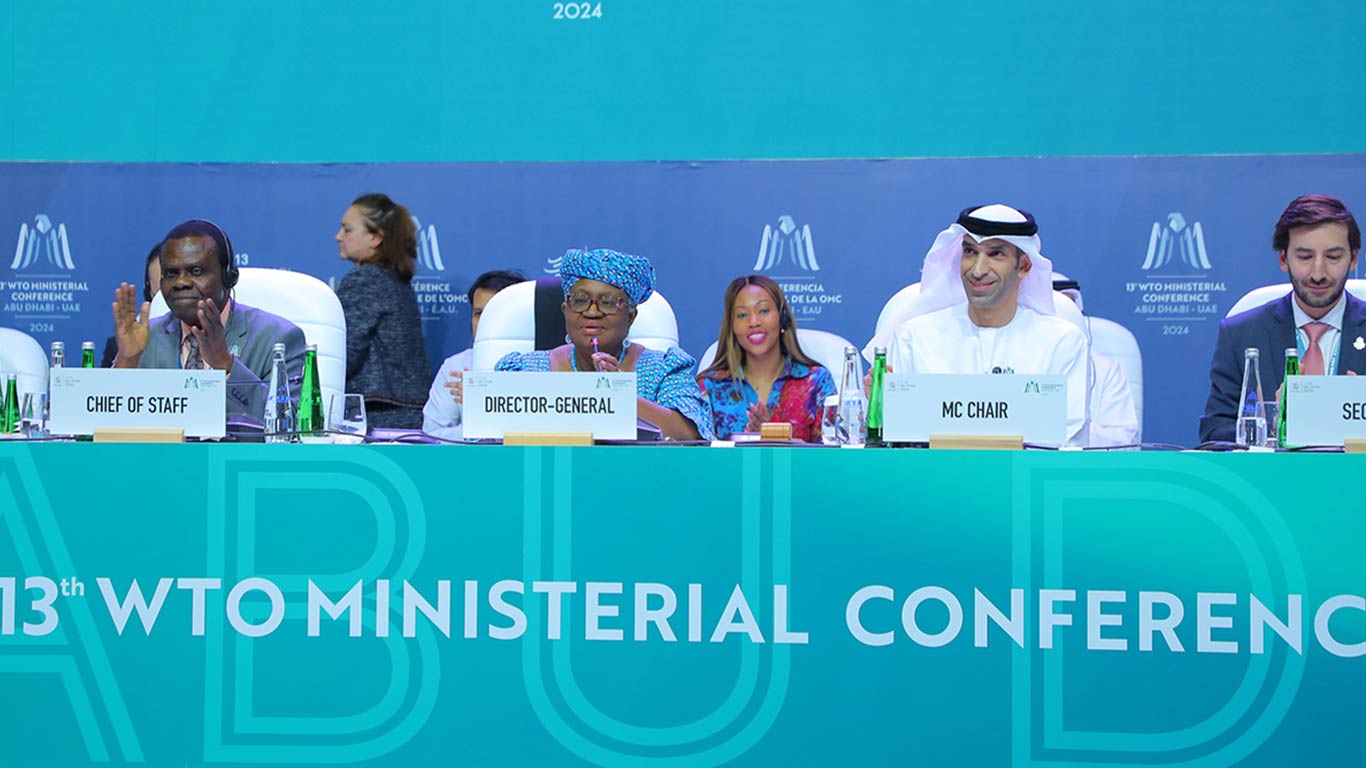
India’s Pushback At WTO MC13 Leaves Farmers, Fisherman And MSMEs Better Off
New Delhi, Mar 4 (KNN) The Ministerial Conference (MC13), under the aegis of the World Trade Organisation (WTO), which brought together nearly 4,000 ministers, senior trade officials and other delegates from the WTO's 164 members, concluded in Abh Dhabi with a mixed bag of results.
India had taken a firm stance at MC13, particularly concerning two key issues: Protecting the Livelihoods of Farmers and Fishermen and inclusion of new issues like e-commerce.
India’s pushback on protecting the livelihoods of farmers and fishermen was against proposals from developed nations to reduce domestic support for farmers. India argued for fairer treatment, highlighting the large subsidies already enjoyed by farmers in developed countries.
Additionally, India has advocated for allowing subsidies for fishermen operating within Exclusive Economic Zones (EEZs) to ensure their livelihoods.
India’s opposition to fragmentation of the trading system against including "new issues" like e-commerce regulations in core WTO agreements relegated these issues to the back seat.
Developing countries can take heart in securing focus on boosting their participation in trade and keeping the dispute settlement system functional. At the same time, keeping the potentially risky "new issues" out of the main WTO agreements.
In another first, ministers engaged in conversations on how trade relates to two pressing issues that go to the heart of current political, economic and environmental challenges, namely sustainable development and socioeconomic inclusion.
Director General WTO Okonjo-Iweala emphasised the recognition by members of “the role trade and the WTO can play in empowering women, expanding opportunities for micro, small, and medium-sized enterprises (MSMEs) and achieving sustainable development in its three dimensions – economic, social and environmental.”
The exact details of how "new issues" will be handled remain unclear. Developing countries were apprehensive about including topics like e-commerce and investment facilitation in core WTO agreements.
It's a mixed bag. Developing countries are likely to secure continued focus on their core concerns, but the future of "new issues" remains open for negotiation. We'll have to see how the WTO navigates these discussions in the coming months.
The Ministerial Conference, initially scheduled for 26-29 February, was extended in a final push to reach outcomes on the various issues at stake.
The Indian delegation was led by Commerce and Industries Minister Piyush Goyal.
(KNN Bureau)


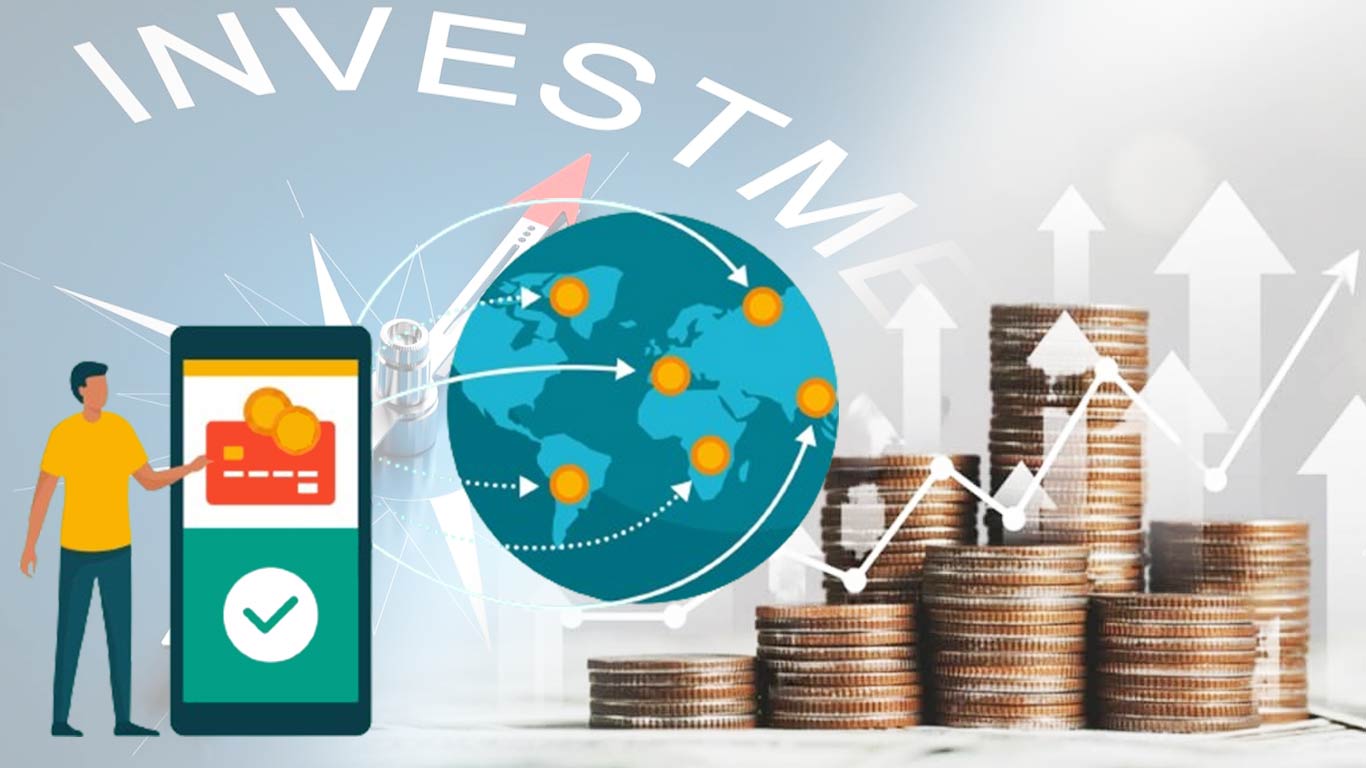
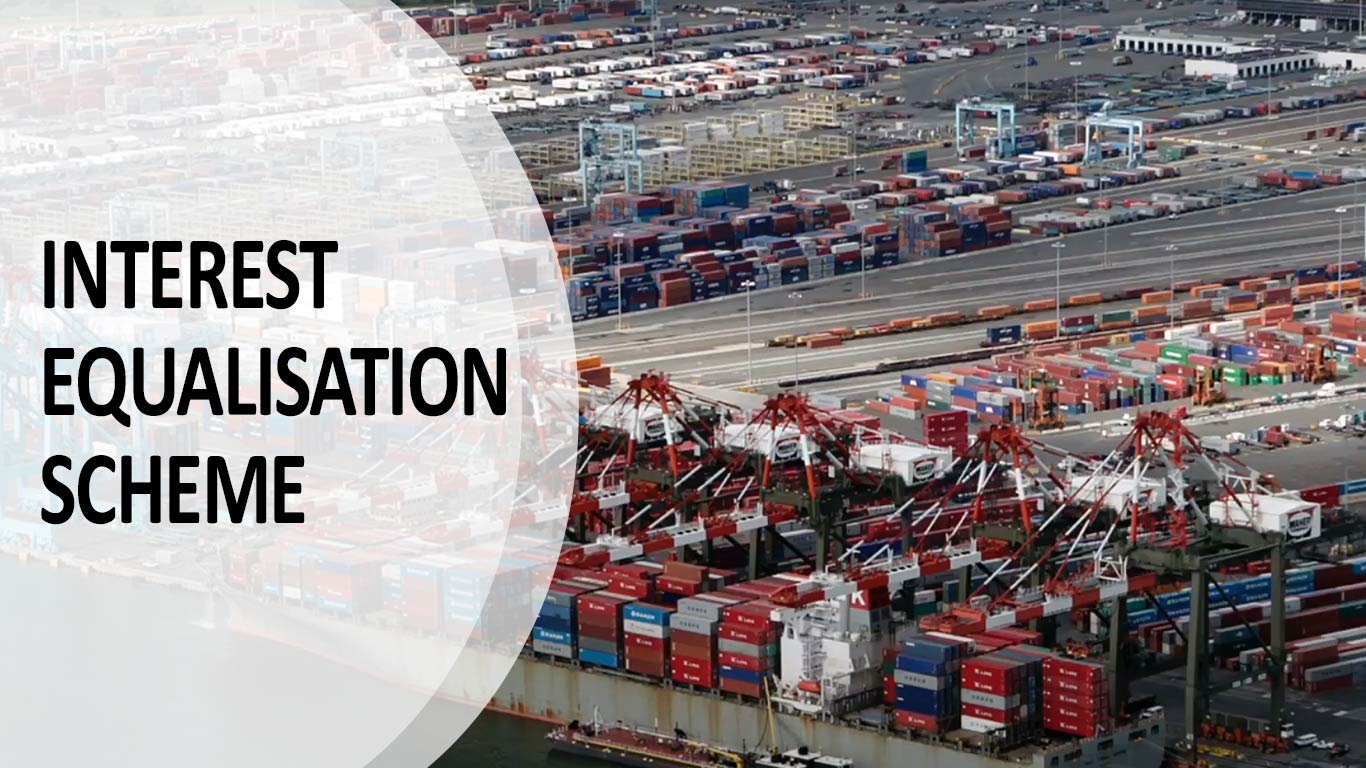
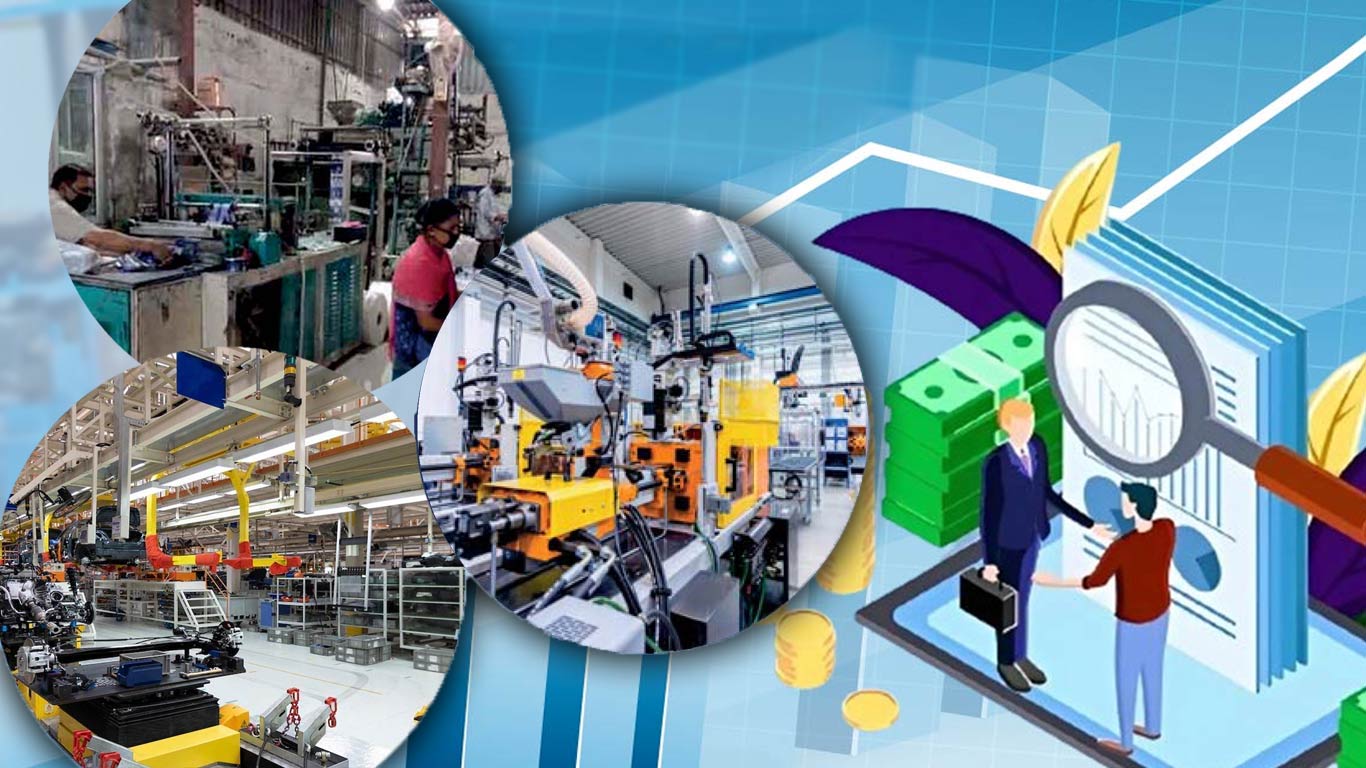
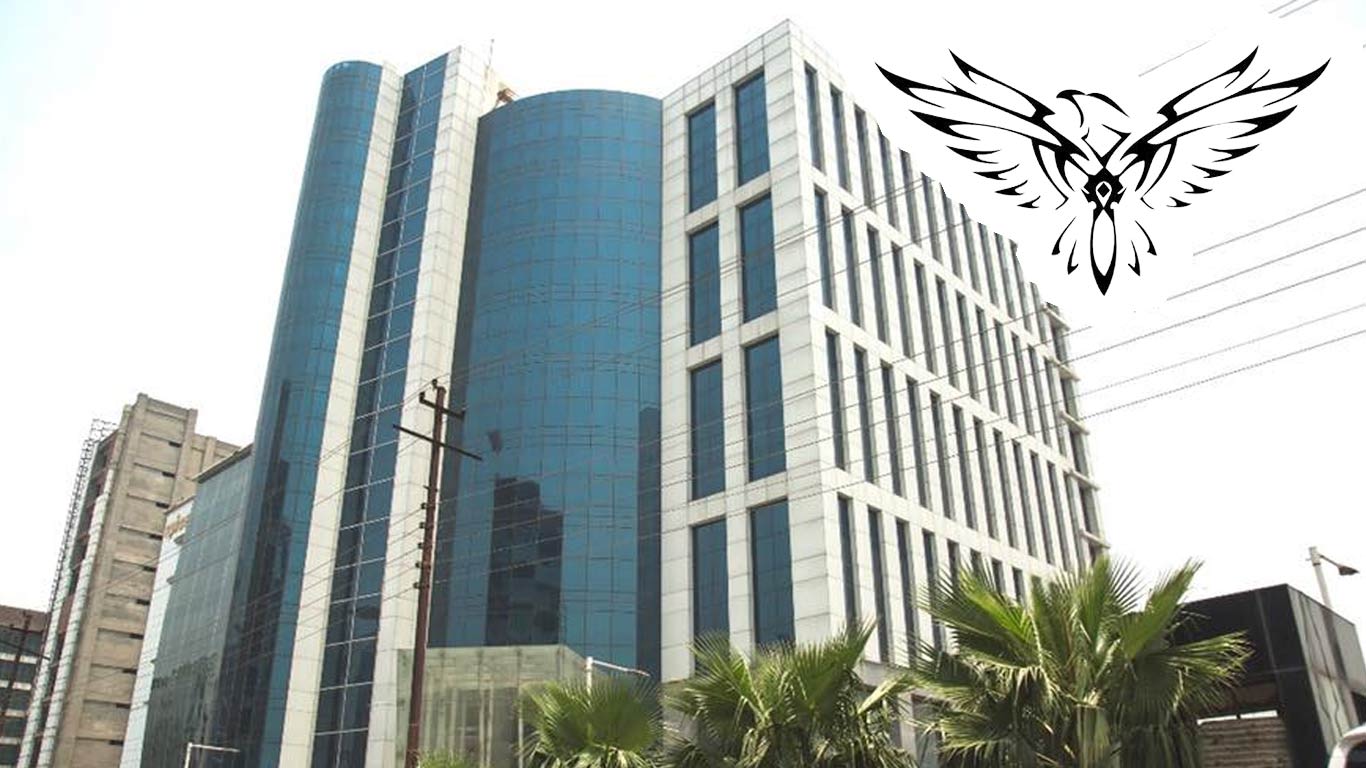





